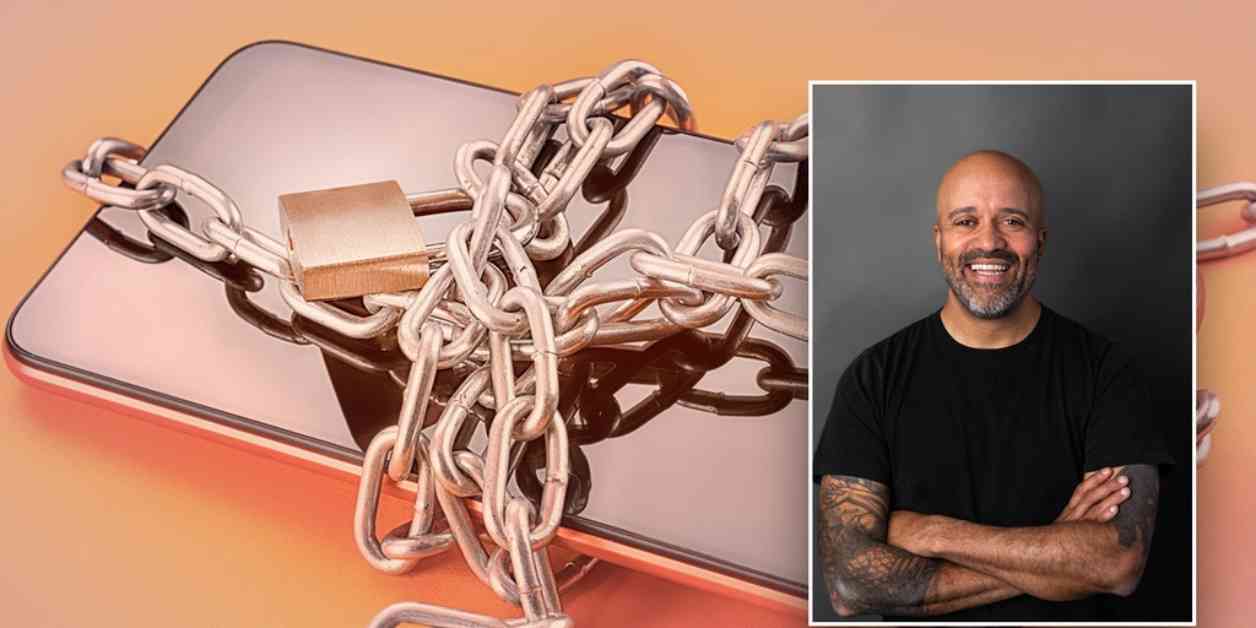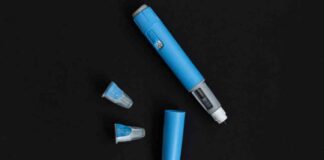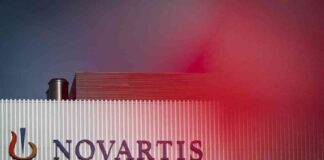Carlos Whittaker, best known as an author and podcaster, found himself at a turning point in his life when a simple notification on his phone sparked a life-changing journey. Living in Nashville with his wife, three children, and dog on a suburban farm, Whittaker was initially unaware of the extent of his phone usage until he received an alert indicating that he had spent an average of seven hours and 23 minutes on his phone daily. This realization led him to contemplate the impact of spending over a decade of his remaining life on the device if he continued at that rate.
Whittaker’s decision to embark on a seven-week screen-free journey across the United States in the summer of 2022 marked a significant shift in his perspective on technology and its effects on mental health. Documenting his experiences in his latest book, “Reconnected: How Seven Screen-Free Weeks with Monks and Amish Farmers Helped Me Recover the Lost Art of Being Human,” Whittaker delves into the transformative effects of disconnecting from screens and reconnecting with the world around him.
Unplugging from screens for an extended period was not without its challenges for Whittaker. Initially, he experienced feelings of panic, including panic attacks, night sweats, heart palpitations, and jitters as he grappled with the sudden absence of his smartphone. The digital detox forced him to confront his reliance on technology as a means of escaping his own thoughts and emotions, leading to a period of discomfort and withdrawal.
However, as Whittaker persisted with his screen-free experiment, a shift occurred on the fifth day that brought a sense of liberation and clarity. Describing the sensation as akin to an elephant stepping off his chest, he found a newfound sense of freedom and peace in disconnecting from the constant stimulation of digital devices. This realization marked a turning point in his journey towards rediscovering the lost art of being present and engaged in the moment.
One of the key highlights of Whittaker’s screen-free journey was his time spent living among Benedictine monks at St. Andrew’s Abbey in California. Initially finding their prayer routine monotonous and challenging, Whittaker eventually embraced the practice of praying the Liturgy of the Hours multiple times a day. Through his interactions with the monks, he learned the value of slowing down and lowering the volume of life to make space for spiritual reflection and connection.
After his time at the monastery, Whittaker ventured to the Midwest to live with an Amish family for two weeks. Immersing himself in the Amish way of life, which eschews most modern technology, presented its own set of challenges and rewards. Despite facing initial rejection from some community members wary of outsiders, Whittaker eventually found a sheep-farming family willing to welcome him into their home and share their way of life.
Throughout his seven weeks without screens, Whittaker documented his experiences through journaling and nightly videos recorded on a screen-free camera. These recordings will be compiled into a documentary titled “Reconnected,” set to be released on Oct. 25, offering a glimpse into his transformative journey and the lessons learned along the way.
As Whittaker reflected on his post-experiment life, he shared that while he has reintegrated the use of a smartphone, he has implemented changes that have improved his overall well-being. By focusing on activities that bring him joy and fulfillment, such as savoring meals, practicing mindfulness, and engaging in meaningful connections, he has reduced his daily screen time significantly.
Whittaker’s journey serves as a testament to the power of unplugging from screens and reconnecting with the world around us. By embracing moments of stillness, reflection, and presence, he has discovered a newfound sense of balance and fulfillment in his daily life. As he continues to share his experiences and insights with others, Whittaker’s story offers a compelling reminder of the importance of prioritizing mental health and well-being in an increasingly digital world.


















